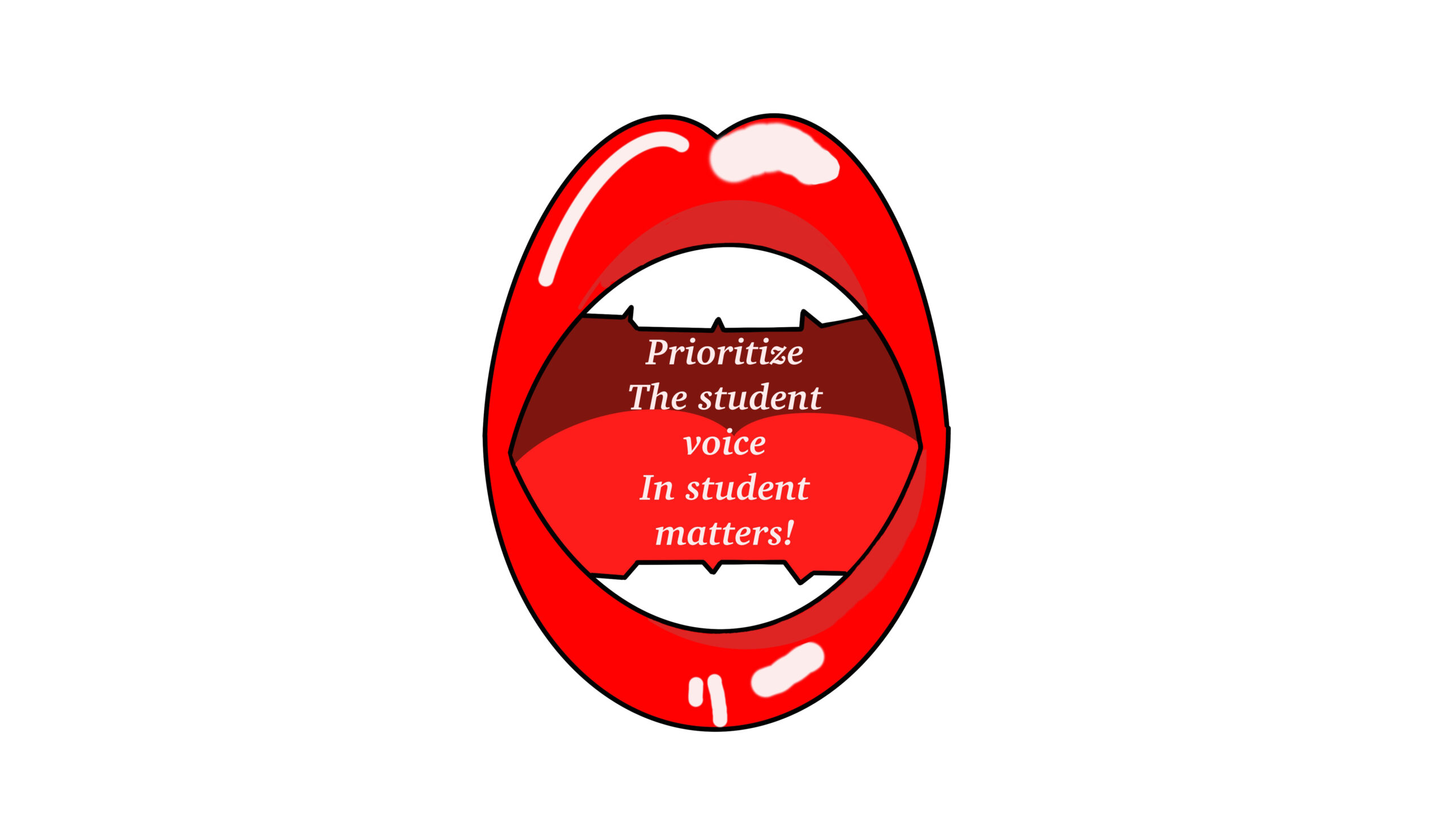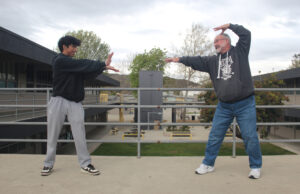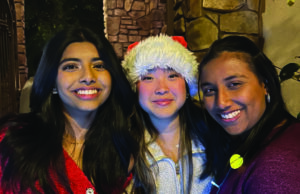Student voices should translate into student votes

With the CVUSD school board election approaching, many parents and teachers are educating themselves on the candidates through various forums, panels and news sources. The outcome of this election will affect the student body directly, yet ironically, students don’t have a say in the matter. It is only fair that the voices of these CVUSD students contribute just as much to the election. It is imperative that the voices of high school juniors and seniors are prioritized and given the right to vote in school board elections.
Students are already aware of the school board meetings, with many tuning in themselves or reading live coverage from local reporters. Students regularly provide public comments at the board meetings on issues they are passionate about as well. Whether they are representing the goals of an organization they are a part of or expressing individual concerns, students are consistently advocating for their educational futures just as much as adults in our community.
While parents make up a large percentage of the school board voters, unaffiliated community members play a significant role in who will win the election; many have not even attended school in the CVUSD or had children who did so recently. However, high school juniors and seniors have gone through the entirety of the school system recently and know from personal experience the nuances and changes they believe need to be implemented.
Beyond this, allowing voting at a younger age can increase a willingness to participate in democracy later, which is something lacking in our country. Only about 31% of people ages 18-29 voted in the 2018 election, according to the Center for Information and Research on Civic Learning and Engagement. Allowing the votes of 16 and 17 year olds in local school board elections promotes a civic engagement culture within the community which translates into a willingness to participate in democracy later.
The main argument against lowering the voting age to 16 lies in the misconception of a lack of maturity within these older teens, often expressed in the idea that a 16 year olds brain is incapable of making valid decisions in tense, emotion-ridden situations. This is a roadblock students face regularly when expressing essentially any opinion, causing immediate dismissal. Science has disproved this, however. Methods of decision making can be separated into two categories: hot and cold cognition. Hot cognition involves decision making directly due to emotions, while cold cognition involves decision making with little or no emotional bias.
A study done by a professor at University of Minnesota’s Institute of Child Development found that the necessary cold cognition is almost fully developed by age 15, and although it continues to grow until about the age of 20, there is no significant difference between the decision making abilities of a 16 year old compared to that of an 18 year old. This, combined with the enormous engagement with social issues that older students are involved with negate any claims regarding immaturity.
Students are well informed on the issues in our district and hold the largest stake in the outcome of the school board election, as it affects them directly. Lowering the voting age to 16 to allow high school juniors and seniors to vote is compulsory to create a truly democratic election that is representative of the community.



